Everyone knows the feeling of being in the pool and suddenly feeling a warm spot — our minds all go to the exact same place: Is that pee?
Most of the time, the warm spot is probably not urine. Even though a lot of people pee in the pool, the warmth dissipates pretty quickly.
We all think about it from time to time, though. How much pee is there really in this pool?
In the ocean, it's not really a big deal to pee, since the ocean is so large.
But peeing in the pool definitely is a big deal. There are a lot of reasons why you should never pee in the pool, and some of the reasons are actually potentially dangerous!
Peeing in the pool isn't just gross, it's also bad for your health. Read below to find out exactly why you should never pee in the pool again.
Thumbnail Photo: Flickr
How Many People Pee in the Pool?
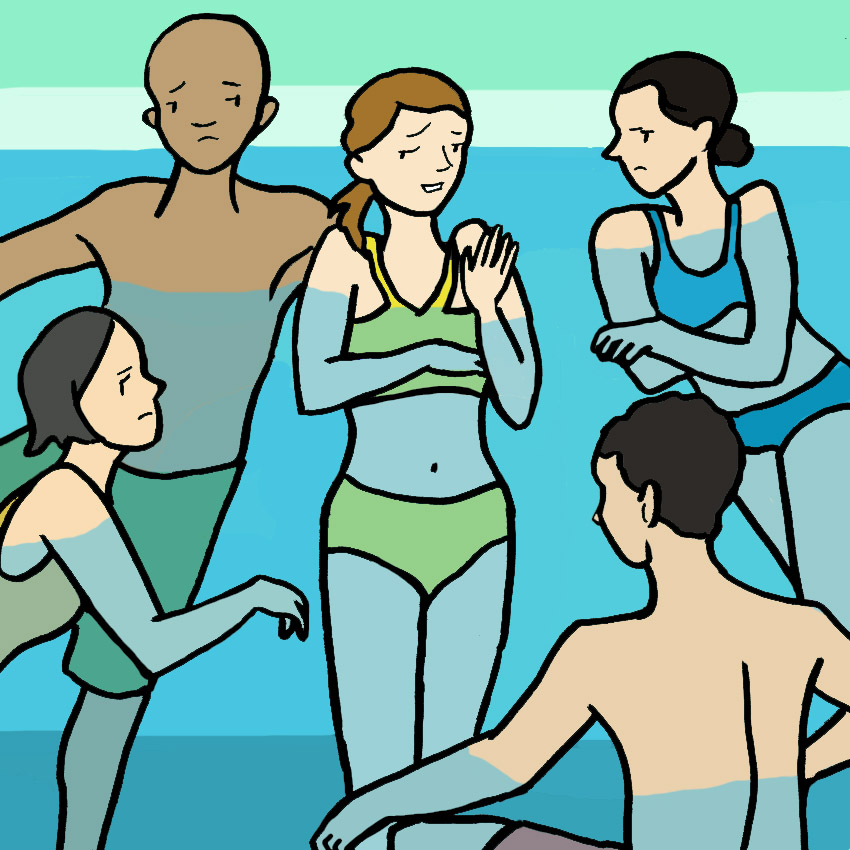
A study published in the International Journal of Aquatic Research and Education explains that approximately 17% of people pee in the pool.
That's almost one in five people! That means if you're in a pool with 20 people, chances are that four of them have peed!
Even Olympian Michael Phelps admitted he regularly pees in the pool.
How Much Pee Is in the Average Pool?
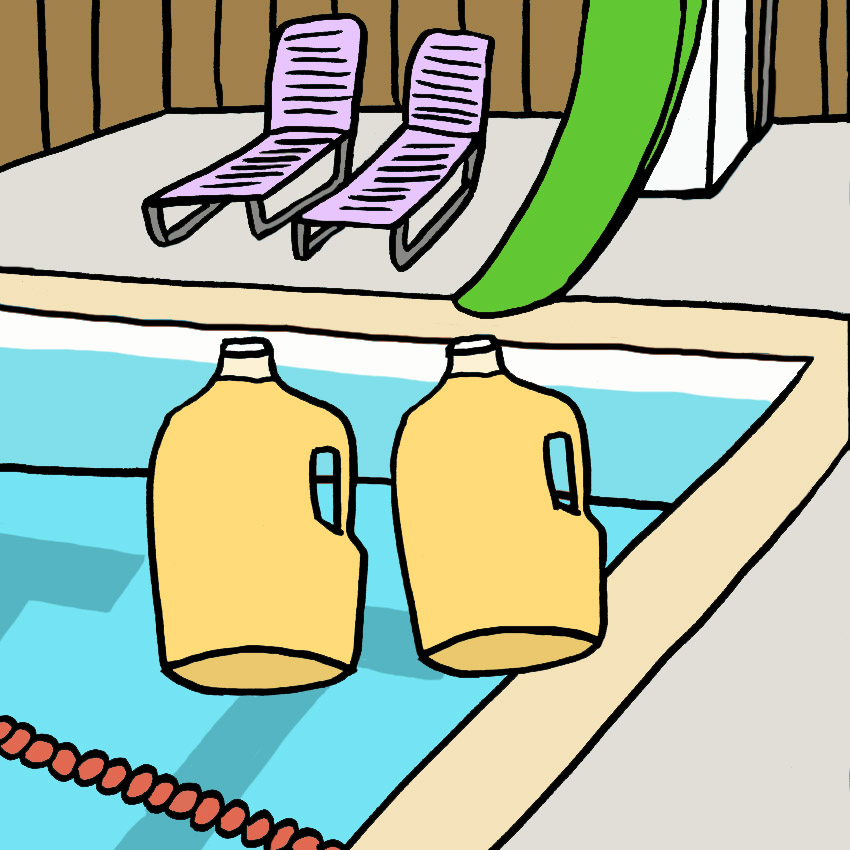
So how much of a pool's water is actually pee?
Well, not that much. According to NPR, it's less than one-hundredth of a percent, but that doesn't mean there's no pee in the pool.
Scientists calculated that in a residential swimming pool, there are about 2 gallons of pee. Yuck!
Why Is Peeing in the Pool Bad?
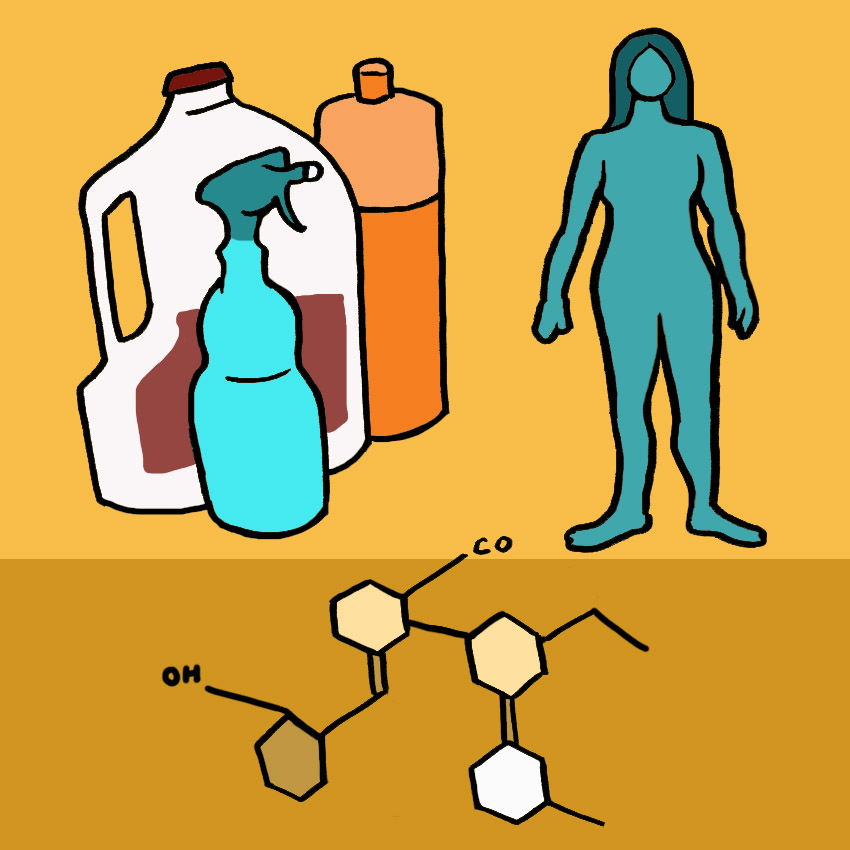
You might be thinking, "So what? What's the big deal? The chlorine will kill the bacteria in the pee, right?"
Well, NPR explains, "It turns out it's not just chlorine, but a potent brew of chemicals that form when chlorine meets sweat, body oils, and urine."
The American Chemical Society explains that when the organic matter from our bodies mixes with the chemicals in the water, they form disinfection byproducts (DBPs), which can be harmful to our health.
1. It Causes That “Pool Smell”
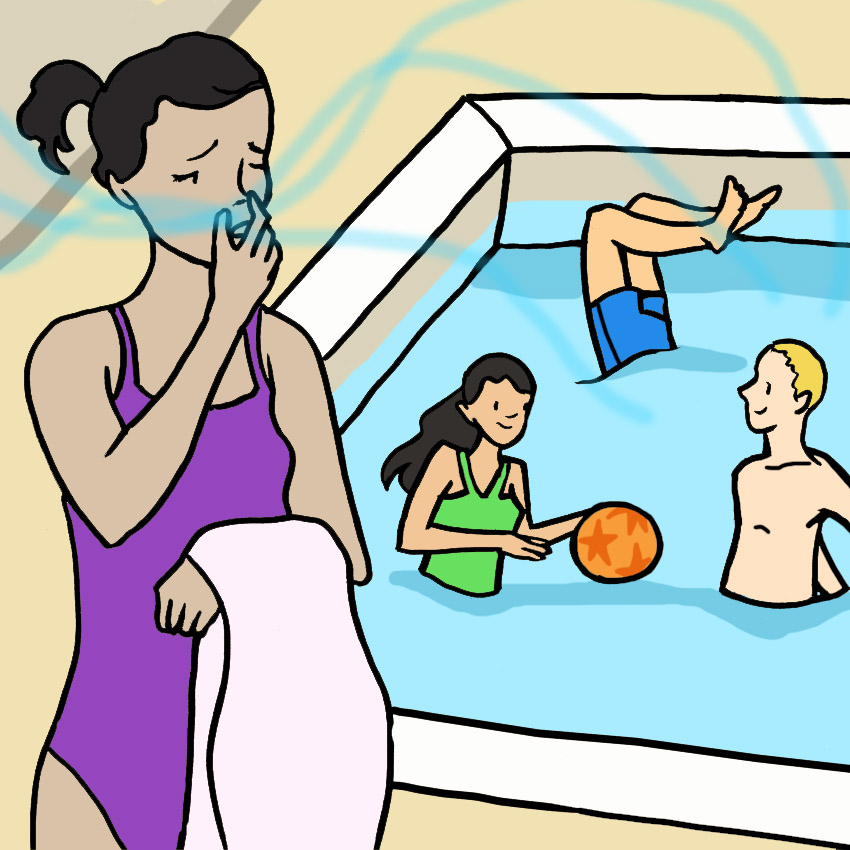
Most of us think that the iconic "pool smell" comes from the chlorine in the pool, but in some cases, it actually comes from urine mixing with chlorine.
Urine, which is made of urea, combines with chlorine to form trichloramine, which is actually behind that smell we associate with pools.
2. It Makes Your Eyes Turn Red
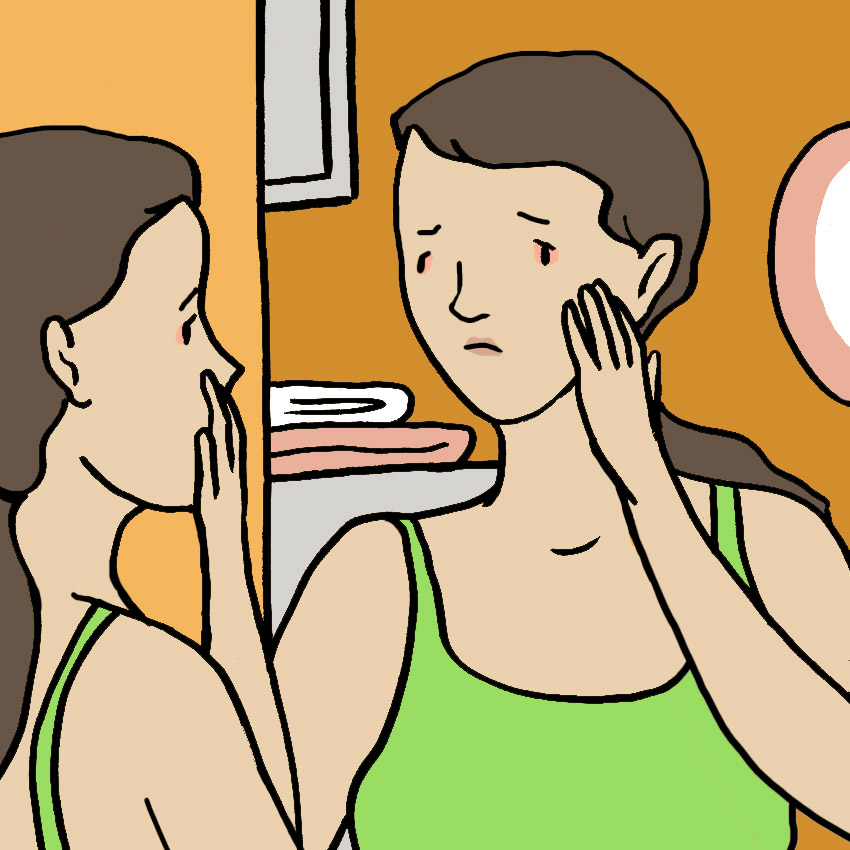
Trichloramine is also what makes your eyes turn red after swimming, especially if you swim with your eyes open.
So if you've always just assumed that it's the chlorine that makes your eyes red and irritated, think again. It's actually chlorine mixed with other people's pee.
3. It Has Been Linked to Asthma
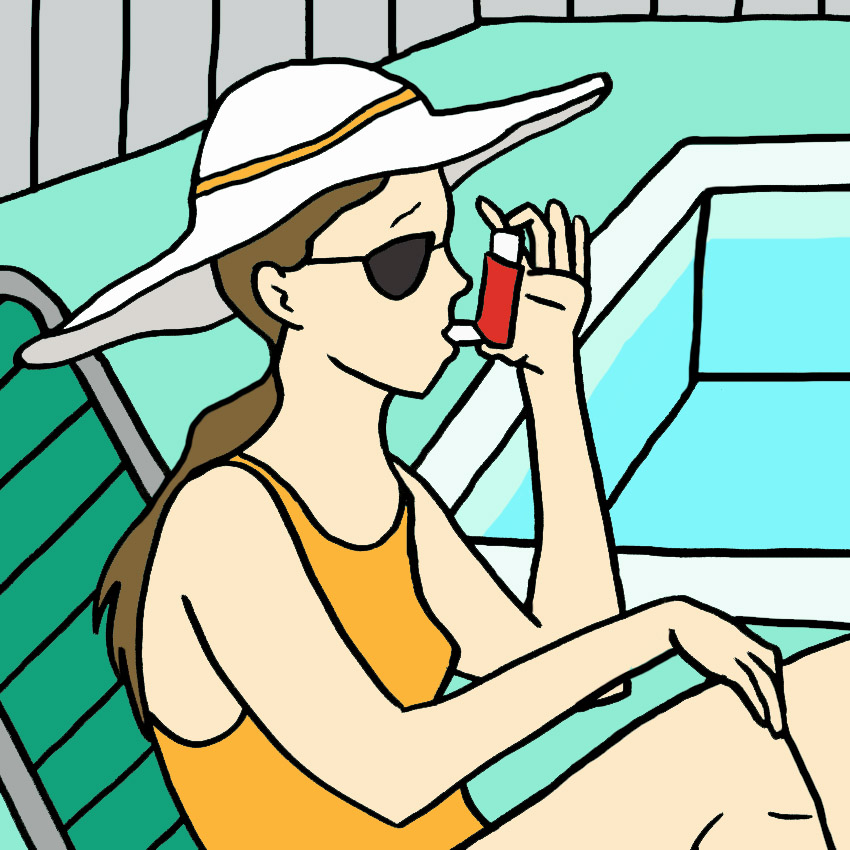
Trichloramine, as well as other DBPs, has also been linked to some more serious health problems, like asthma.
For most people, this probably isn't a big deal, but for people who suffer from breathing problems (especially professional swimmers who need a lot of oxygen in their bloodstream to perform well), this can be detrimental.
How Bad Is It Really?
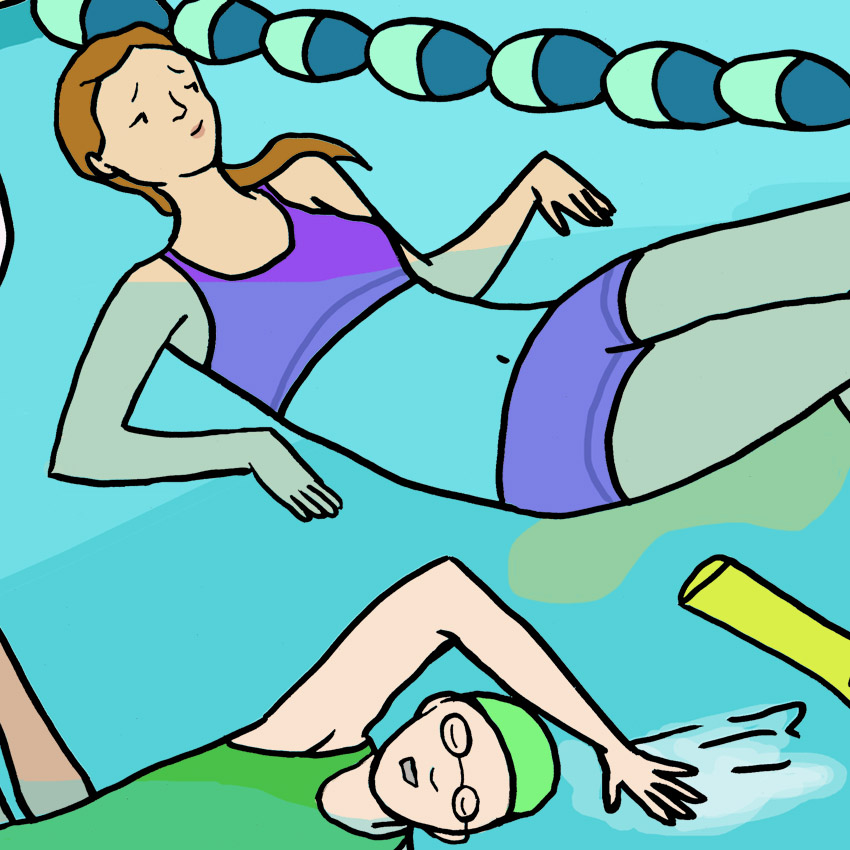
Peeing in the pool isn't a super-serious offense, but you should know that it could cause harm to other pool-goers.
Not only is it icky, it also has some pretty bad side effects. Don't let this scare you off from swimming in pools; just remind everyone that peeing in the pool is not a good idea.
What Can You Do?
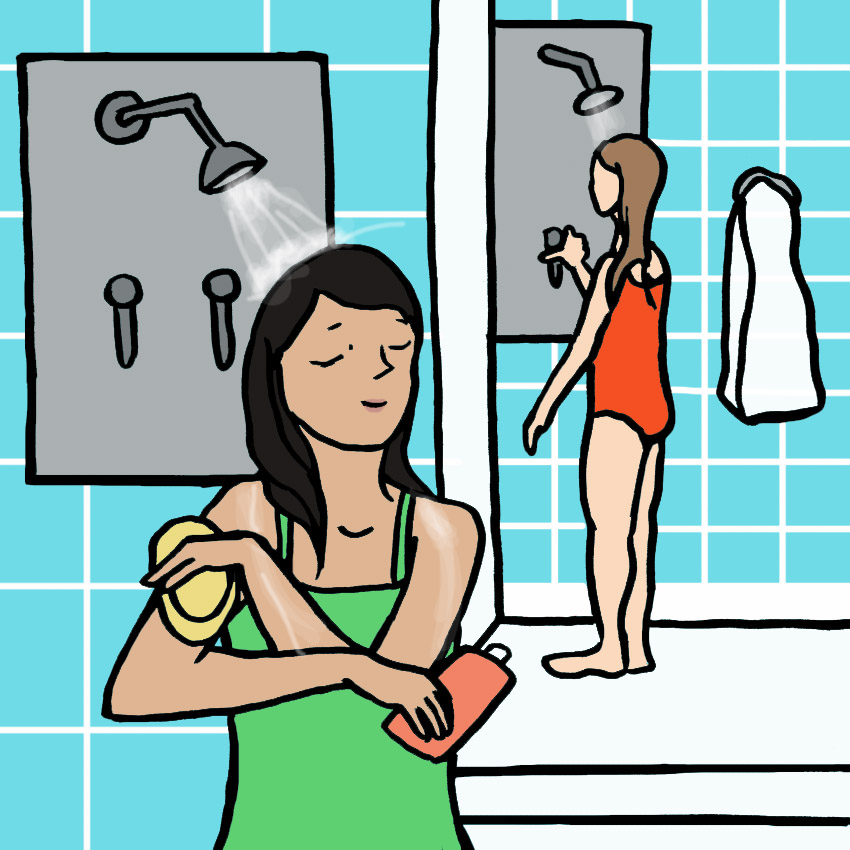
Don't pee in the pool! Urine causes half of the DBPs in pool water, while the other half comes from organic materials (like sweat) and inorganic materials (like lotion) on your skin.
If everyone stopped peeing in the pool, half of the DBPs would instantly disappear!
To get rid of even more DBPs, rinse off before getting into the pool. Most public pools have showers and signs that recommend showering before swimming — this is why!
If you want others to know about the serious problems caused by peeing in the pool, please SHARE this article on Facebook!




